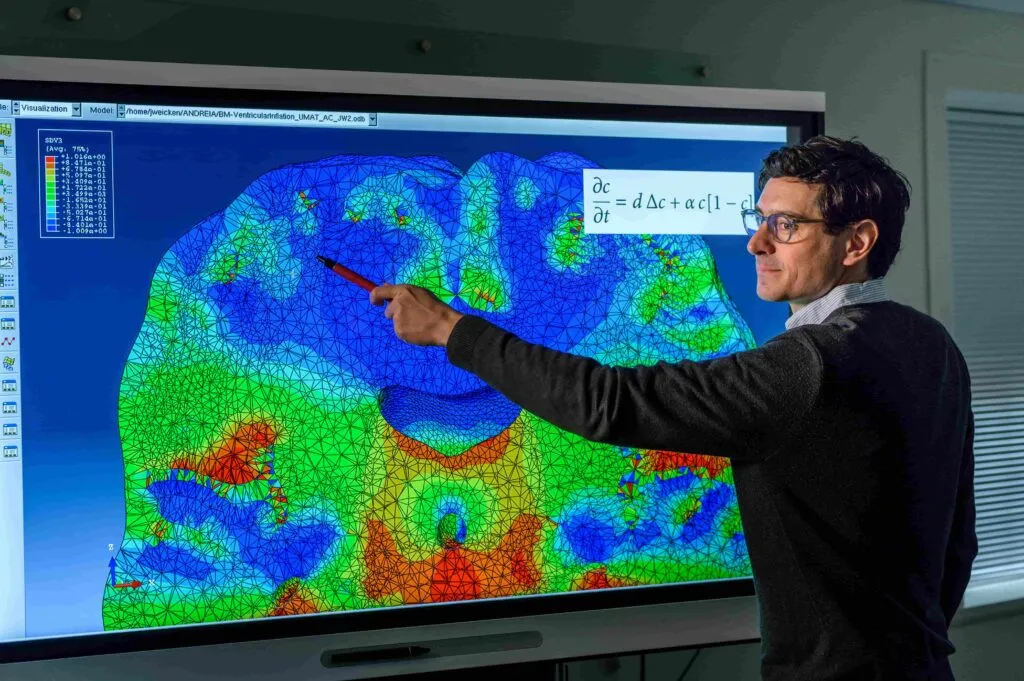Tips, Tools and Techniques for Computer Science
Computer science is a complex and constantly evolving field that requires a strong foundation in programming, algorithms and data structures. Whether you are a student, recent graduate, or seasoned professional, our Mastering Computer Science section provides a wealth of resources for those looking to develop their expertise and knowledge in this area.
On this page, you will find various tips, tools and techniques to help you stay ahead of the curve in this rapidly evolving discipline. Our articles cover everything from coding challenges and tutorials to interviews with industry experts, making it easy to find the information you need to succeed. Whether you're interested in machine learning, artificial intelligence or software engineering, our Mastering Computer Science resources have your answers.
Categories:

If you’re thinking about returning to school, you’ve probably given some thought to the cost of a master’s degree. Don’t be put off by the sticker price; with financial planning and budgeting, you can significantly reduce your outlay. Continue reading to discover resources, strategies, and tools for financing your StevensOnline MSCS.

“One of the good things about this region is that there’s a good number of companies in software development, like Bell Labs, Verizon and others as well. These companies are associated with universities like Stevens and Columbia.

Coding bootcamps are a fairly new phenomenon. Steven Hunter has been fascinated with computers since the late 1990s. His middle school offered a limited lineup of computer science classes, but that could not stop him from learning all he could. Once he exhausted the computer-focused elective options offered by his school, Hunter started taking apart computers, putting them back together and building his own gaming PCs. Computers went from being his interest to being his passion.

AI is everywhere. We’ve seen it in movies as a robot janitor left to clean a deserted planet or a malevolent space computer collecting deadly, interstellar organisms. Now, it’s becoming intertwined with our daily lives in ways we’ve never imagined.

Rojona Feliciano was interested in computer science but earned her bachelor’s degree in biomedical engineering before launching a career as a field engineer. Her work focused on x-ray machines, and the digitization of these devices reignited her interest in computers. When the pandemic hit, Feliciano reevaluated her goals and decided to turn her interest in computer science into a new career. She reviewed various schools’ computer science degree requirements and then applied to the StevensOnline Master of Science in Computer Science (MSCS) program in 2020 offered through the Charles V. Schaefer, Jr. School of Engineering and Science and took her first classes the following year.

Laptops. Tablets. Phones. Even washers and dryers. Everything in our lives is connected through software. Those who make the future a reality play a critical role in how we experience life. With technology careers growing rapidly and the median wage for computer and IT occupations reaching $105,990 in 2024, it's natural to wonder what a master's in computer science salaries looks like.

“Computer science is like engineering,” Nobel physicist Richard Feynman once observed. “It is all about getting something to do something.” In sectors as diverse as healthcare and entertainment, employers are looking for ways to leverage technological advancements in computing to “make things happen.” As a result, computer science skills jobs are growing much faster than average across occupations in almost every industry.

Technology permeates almost every aspect of our lives, as reflected in the burgeoning computing job market. The U.S. Bureau of Labor Statistics (BLS) projects employment in computer and information technology occupations will grow much faster than average from 2024 to 2034, creating about 317,700 job openings each year—significantly faster than the average employment growth rate across all occupations.

Technology permeates almost every aspect of our lives, as reflected in the burgeoning computing job market. The U.S. Bureau of Labor Statistics (BLS) projects employment in computer and information technology occupations will grow much faster than average from 2024 to 2034, creating about 317,700 job openings each year—significantly faster than the average employment growth rate across all occupations.

As technology trends such as generative AI and next-generation software development rapidly evolve, the demand for professionals with advanced computer science degrees and specialized skills only increases.

